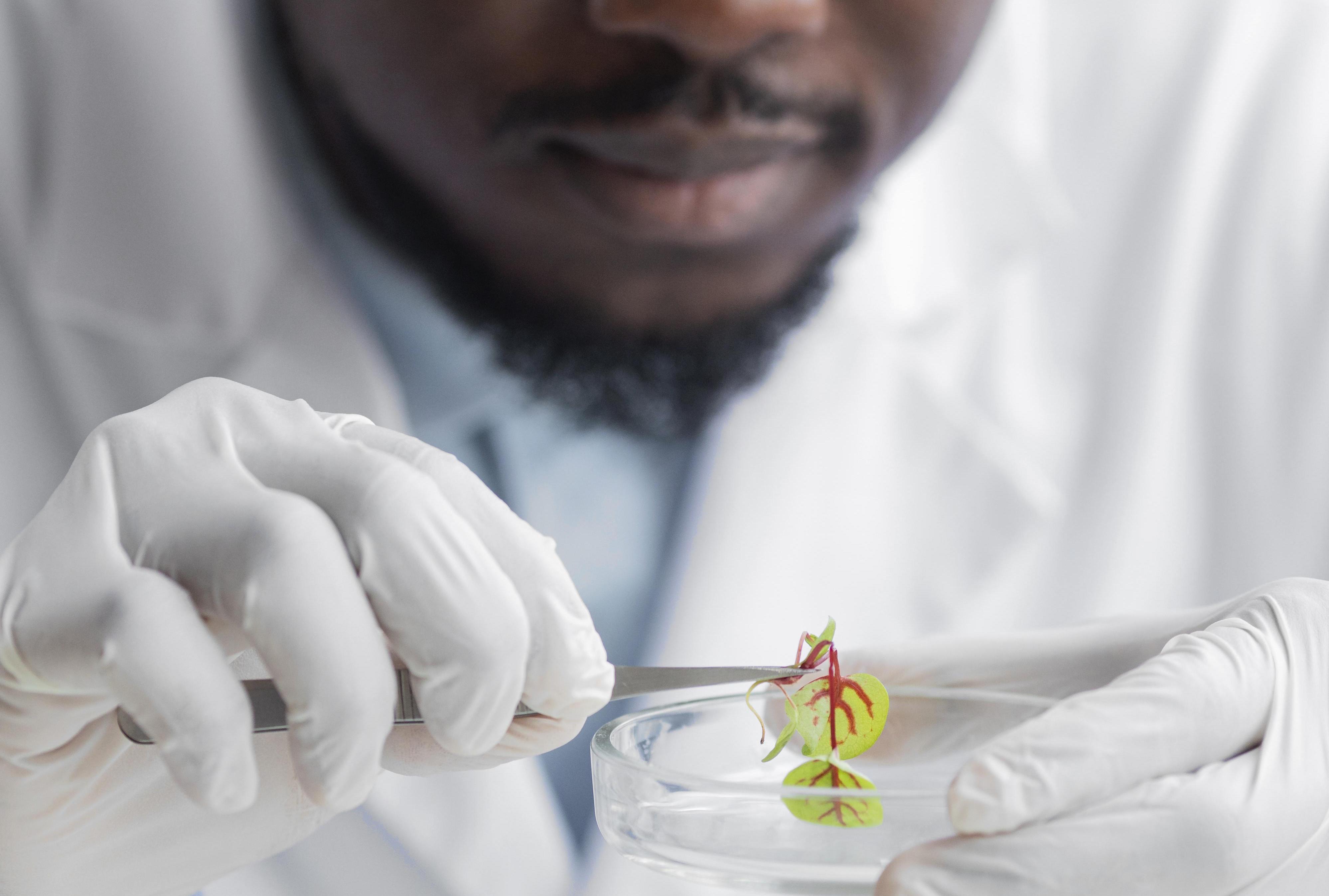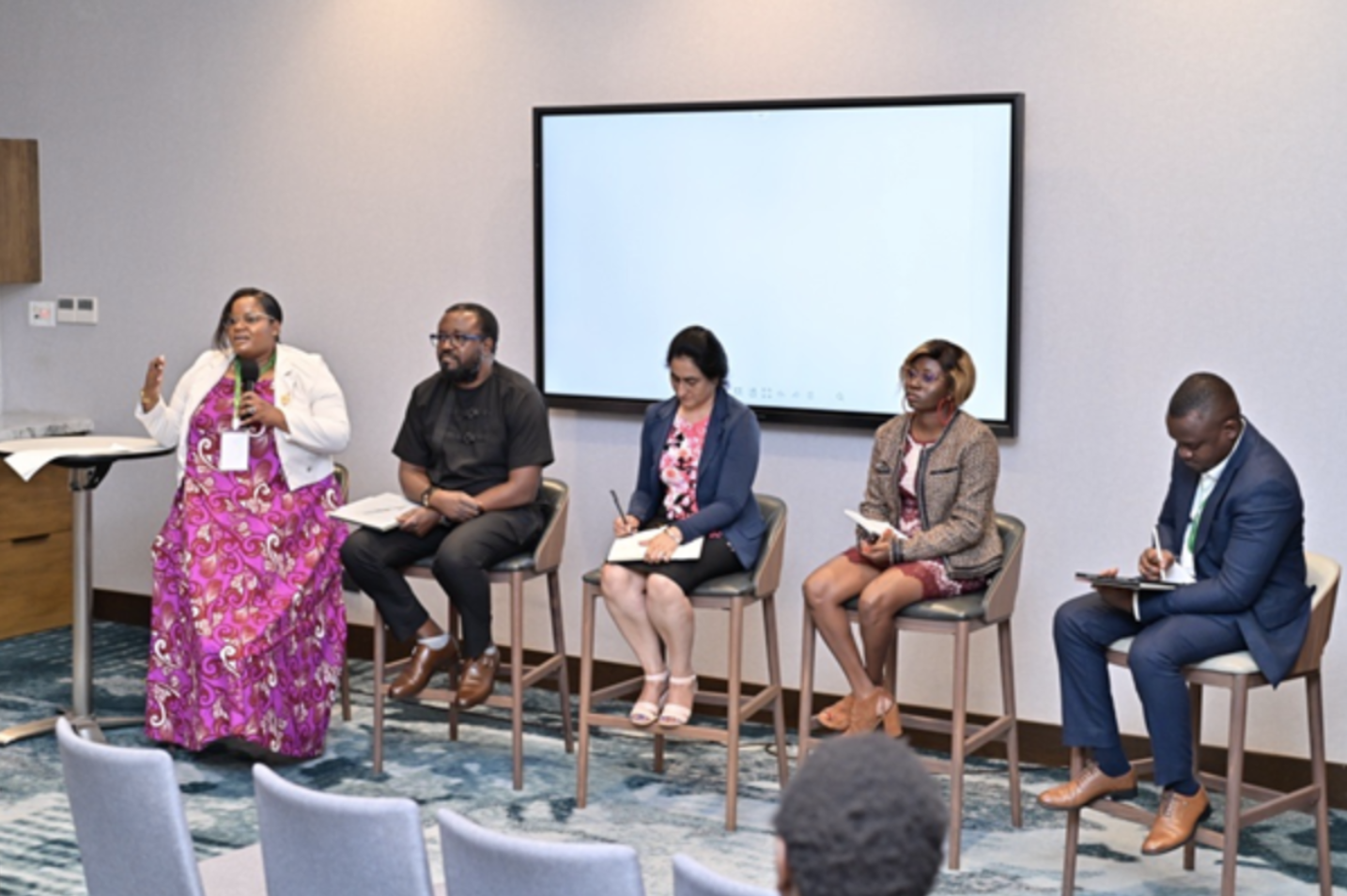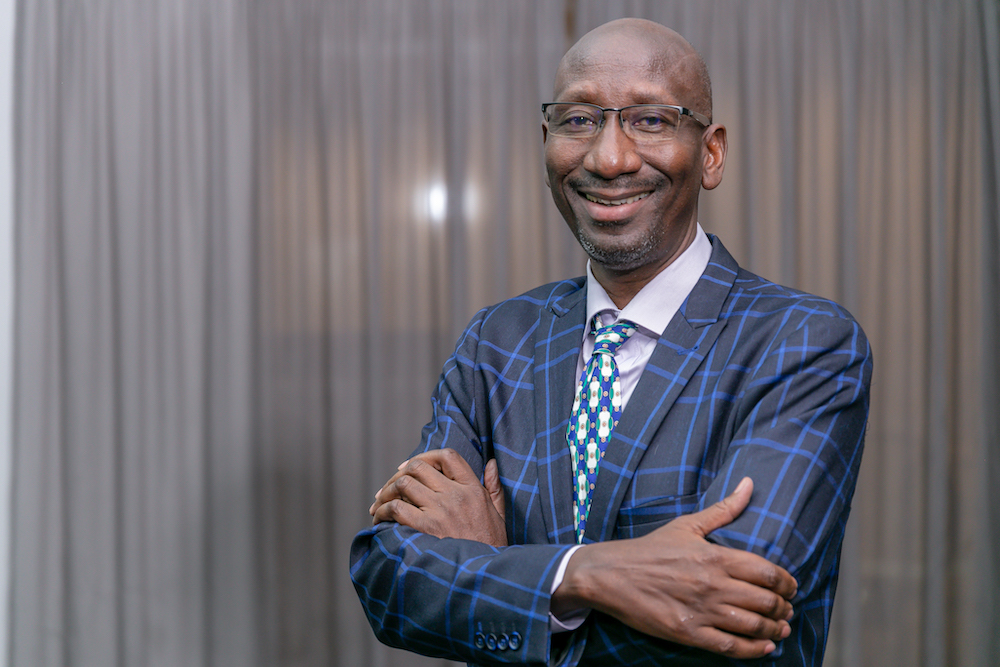
Impact Stories
Inducing African governments to fund research and development
Monday, October 9, 2023
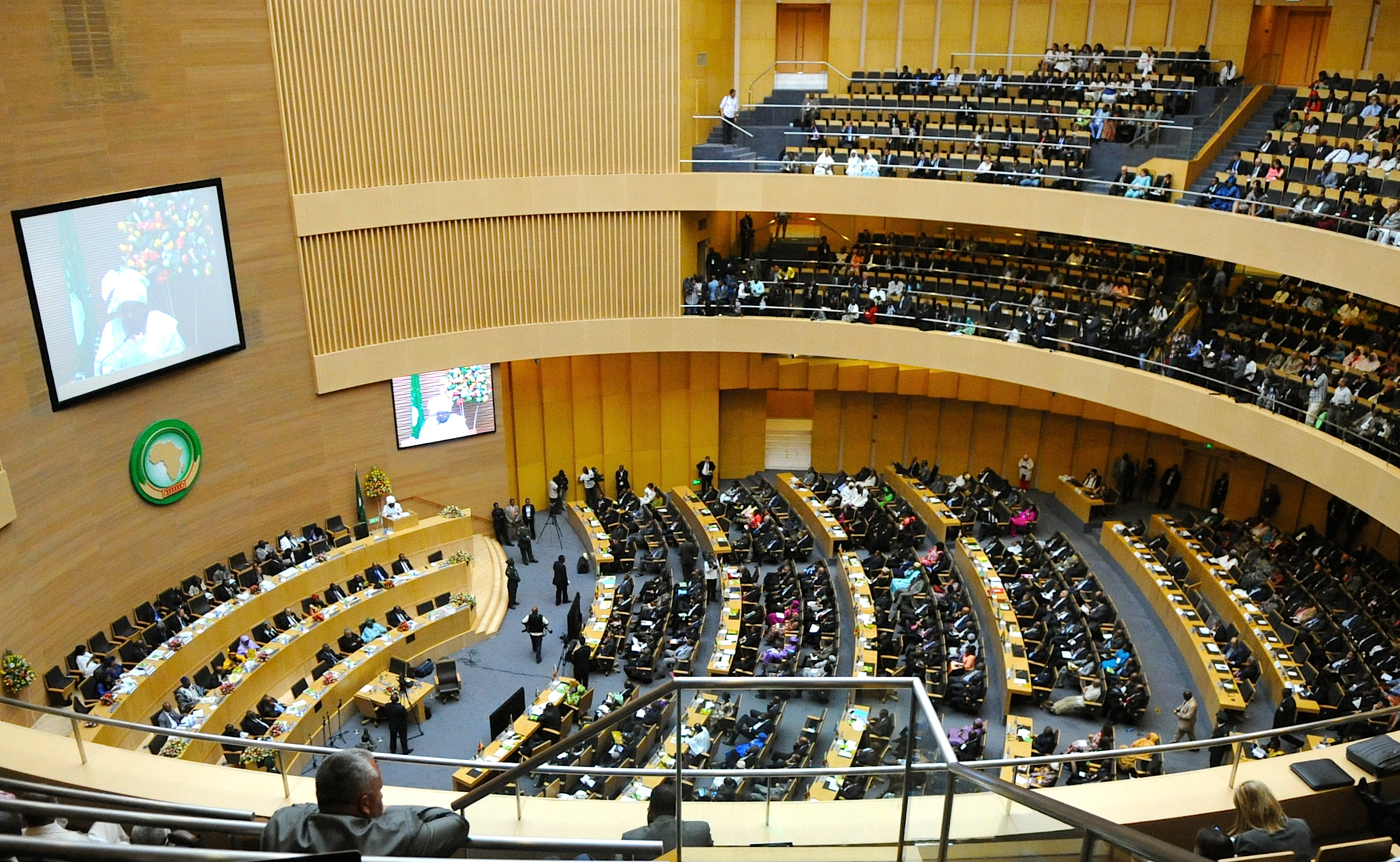
By Tom Kariuki and Moses Alobo
Urgent reform and the need for local resourcing to address R&D priorities are necessary to cushion the continent against the dire effects of existing challenges and to funding/finding African-led solutions for them. The Grand Challenges Africa (GCAfrica) programme of the Science for Africa Foundation (SFA Foundation) invests in African scientists with ambitious, impactful and innovative ideas, solutions, and products with the potential for scalability and sustainability by providing seed and scale-up grants.
GC Africa is an innovative and effective tool to unlock government R&D funding, as it is tailored to align with countries national priorities thereby funding innovations that address high-priority national development needs (identified through collaborative landscaping/mapping exercises) this in turn, fuels enterprise economic growth accelerating discovery, development and delivery of innovation on the continent.
Funding is raised from aligned partners to support highly competitive researchers committed to developing solutions collaboratively. Researchers are required to adhere to the principles of Open Access and Open Data, thereby helping to ease global inequities. Seed funding of up to $100,000 is provided for innovators to translate their best ideas into promising concepts or prototypes, and up to $1M is provided for scaling up those innovations.
Currently, the GC model is being implemented in five countries with GC Africa as an overarching arm: Botswana, Ethiopia, Senegal, South Africa and Rwanda. Malawi is the latest entrant to the GC Africa family after a launch on 30 August.
The role of African governments
The GC Africa model, which enables governments to access match funding from pan-African and global funders, has proven to be an effective tool to facilitate the adoption and prioritisation of innovation by governments. It provides an incentive for African governments to increase R&D funding by matching investments in national GC Africa innovators. For example, this year, the Rwandan government committed over USD1M to match other funding for GC Rwanda to support country-based priorities.
In doing so, GC initiatives provide an effective platform for ensuring sustainable funding of current and future science, technology and innovation programmes at their country level and for broader impacts. This will contribute to building an environment where African scientists and innovators thrive, generating solutions that have a lasting impact on the continent's development.
While the number of African countries joining the Grand Challenges Africa network to leverage efforts to maximise African innovations and solutions is growing, it is important to note significant work needs to go into planning for, sustaining and strengthening national and regional research initiatives with an overall aim of streamlining Africa’s research agenda. African governments need to:
-
Foster greater systematic collaborations to inform budget planning: They should do this by collaborating with scientists and researchers to help identify key pressing issues and ensure prioritisation of funding and resourcing to address them.
-
Create a conducive environment for the development and uptake of innovations through the adjustment of existing regulations that deter progress and discourage partnerships.
-
Ensure inclusive participation and involvement of all key stakeholders to create a highly coordinated, well-funded, innovative African research and development community. It starts by bringing these stakeholders together, to engage in a single, ongoing conversation— a conversation that yields commitments to work together in new ways to meet short-term development objectives while building long-term capacity.
-
Develop national sustainability plans, that ensure diversification and increased government budget allocations for R&D, including securing additional investments through donor base funding portfolios.
African innovators setting the GC Africa pace
These reforms will enable support for more African innovators such as:
Angela Dramowski, a paediatrician and researcher at Stellenbosch University in South Africa. She exemplifies the impact of SFA Foundation’s Grand Challenges Africa. Dramowski and her team study the critical issue of bloodstream infections in newborns, a major cause of infant mortality on the continent: bacterial infections account for a quarter of a million deaths in children under five in Sub-Saharan Africa in the first 28 days of their lives. The GCA-funded Stellenboch team is working to determine the most effective antibiotics to use and the optimal timing of their administration. This work will provide valuable insights into improving treatment guidelines and reducing mortality rates.
Another innovative research team is led by Anthony Ngugi, an epidemiologist at Aga Khan University in Kenya. Ngugi’s analytical work is to tackle the complex problem of malnutrition in children by optimizing funding allocations of limited child nutrition budgets. His research, studying the 24 counties in Kenya with the highest burden of malnutrition, can have a direct impact on the incidence of stunting and anaemia, and reduce child mortality and morbidity. Grand Challenges.
Assumpta Nantume, a Ugandan pharmacist and founder of Neopenda, a medical device social enterprise, has developed NeoGuard, a monitor of clinical vital signs. NeoGuard is designed to help provide high-quality care to patients in resource-constrained health facilities where patient loads are high and healthcare workers are stretched thin. It measures four primary vitals and provides critical, timely data so that healthcare workers can respond rapidly, and the opportunity for patients of all ages to receive the care necessary to survive and thrive is increased.
These GC Africa research teams’ research foci are driven by national development agendas and exemplify how African innovators can provide local solutions to local problems. Indeed, Africa’s future will be secured by sustainable support for innovation.
About the Author(s)
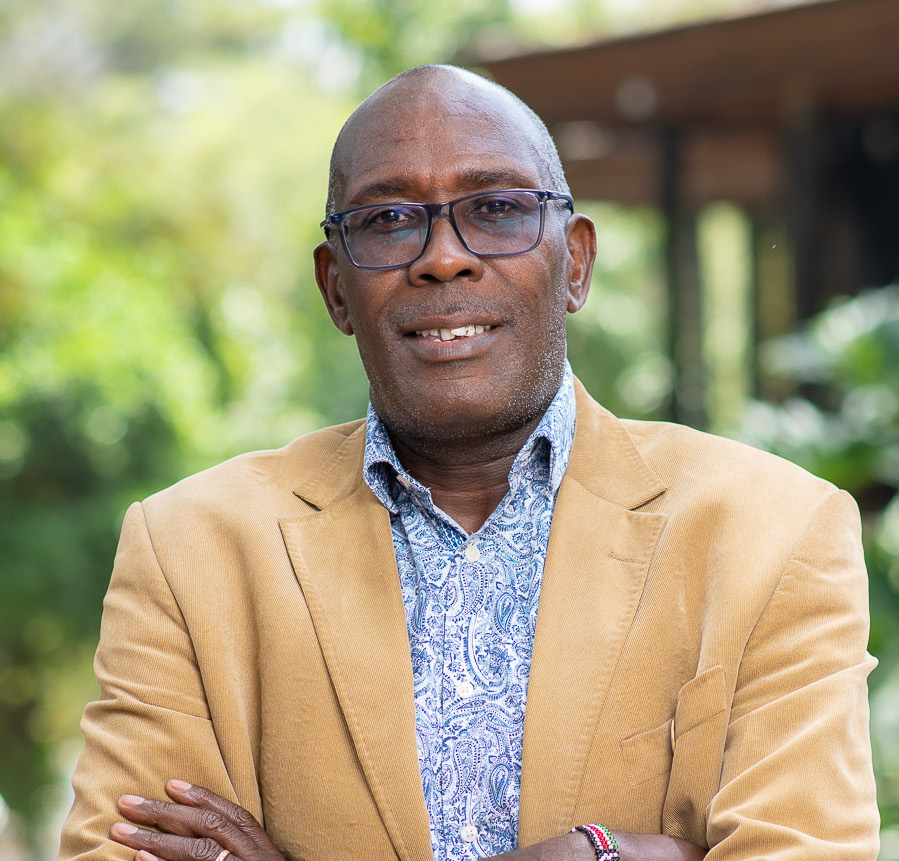
Tom Kariuki
CEO, SFA Foundation
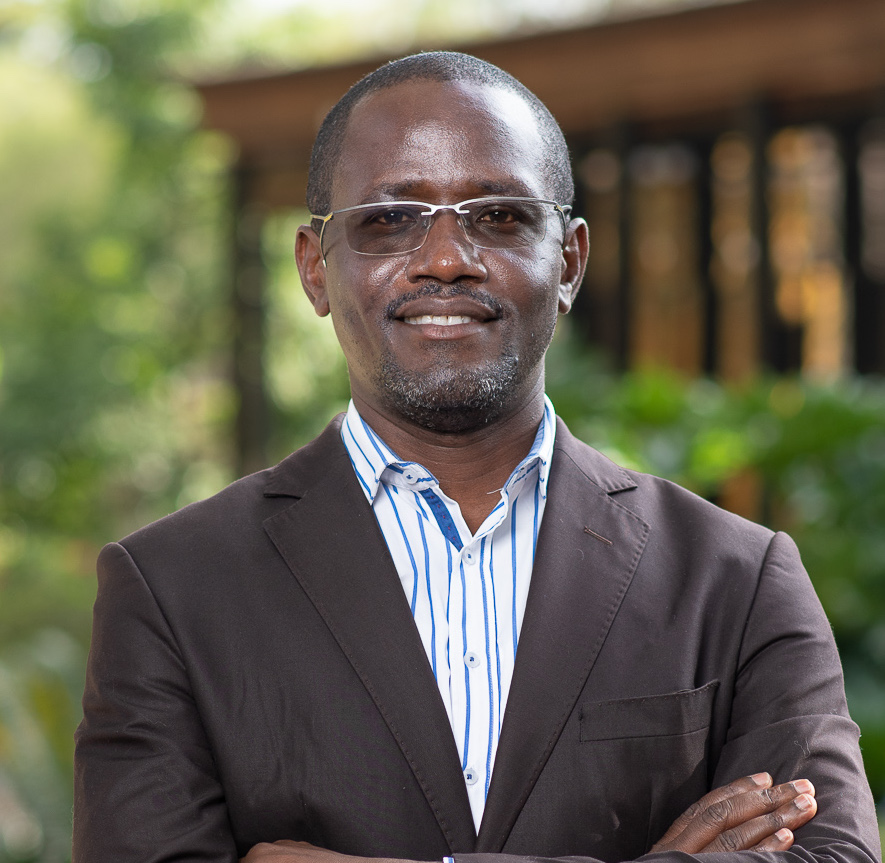
Moses Alobo
Head of Programmes, SFA Foundation
